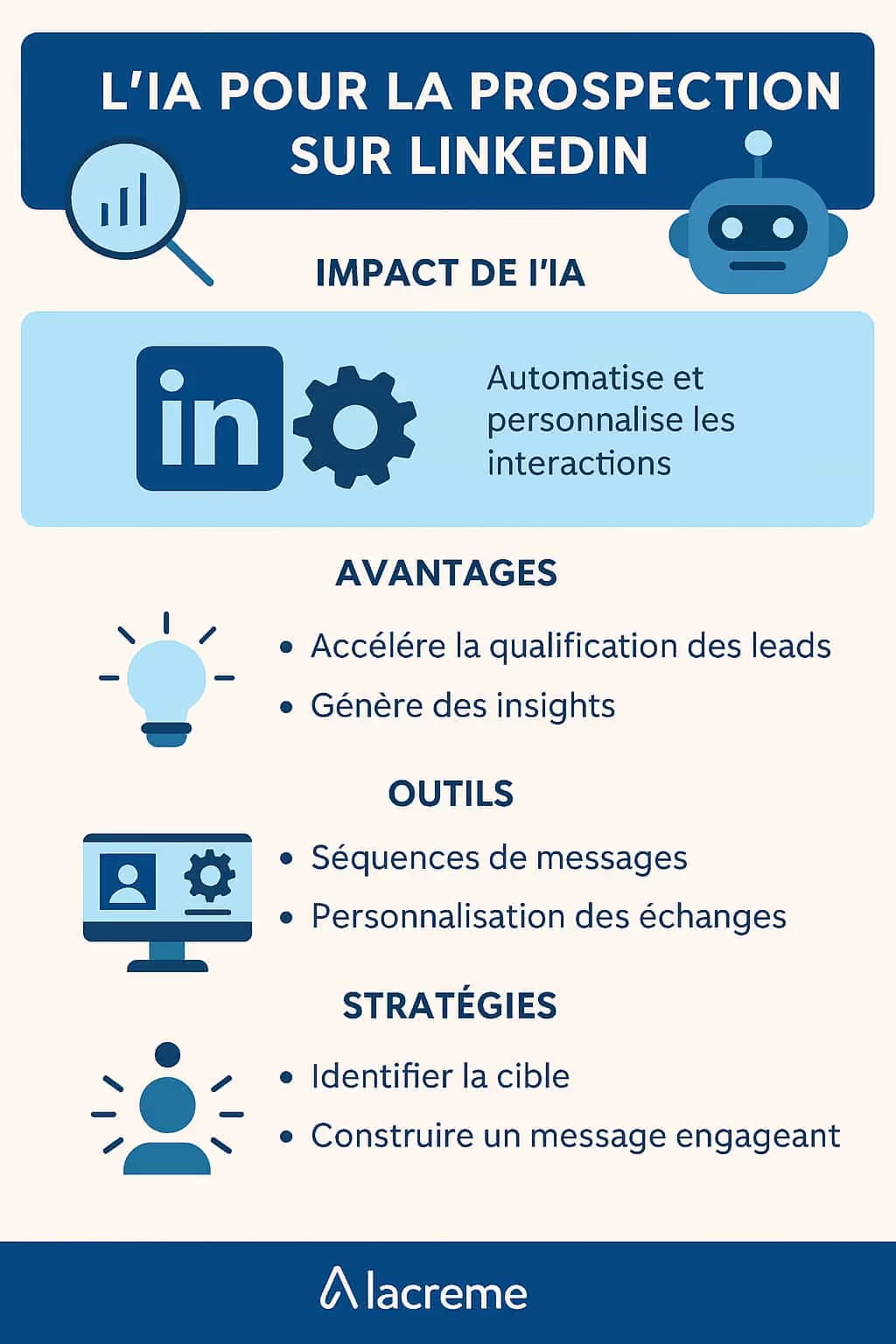THEartificial intelligence (AI) is revolutionizing the field of health through innovations that promise to transform diagnoses, the personalization of treatments and the effectiveness of care. This article explores how AI is being applied in the healthcare sector, offering fascinating insights into its potential to improve patient care, optimize clinical processes, and support healthcare professionals in their mission. From the early diagnosis of complex pathologies to robot-assisted surgery, the integration of AI into medical practices opens up promising horizons for more precise, personalized and accessible medicine. Find out how these artificial intelligences for your health can serve your health and why their ethical and responsible development is essential for the future.
What is Artificial Intelligence in Health?
THEartificial intelligence in health refers to the use of machines capable of carrying out tasks that would normally require human intelligence. These systems are powered by algorithms, processing vast amounts of information and learning from medical data to improve diagnoses, treatments, and care management. AI in health aims to complement the skills of healthcare professionals, improve patient outcomes, and optimize healthcare costs.
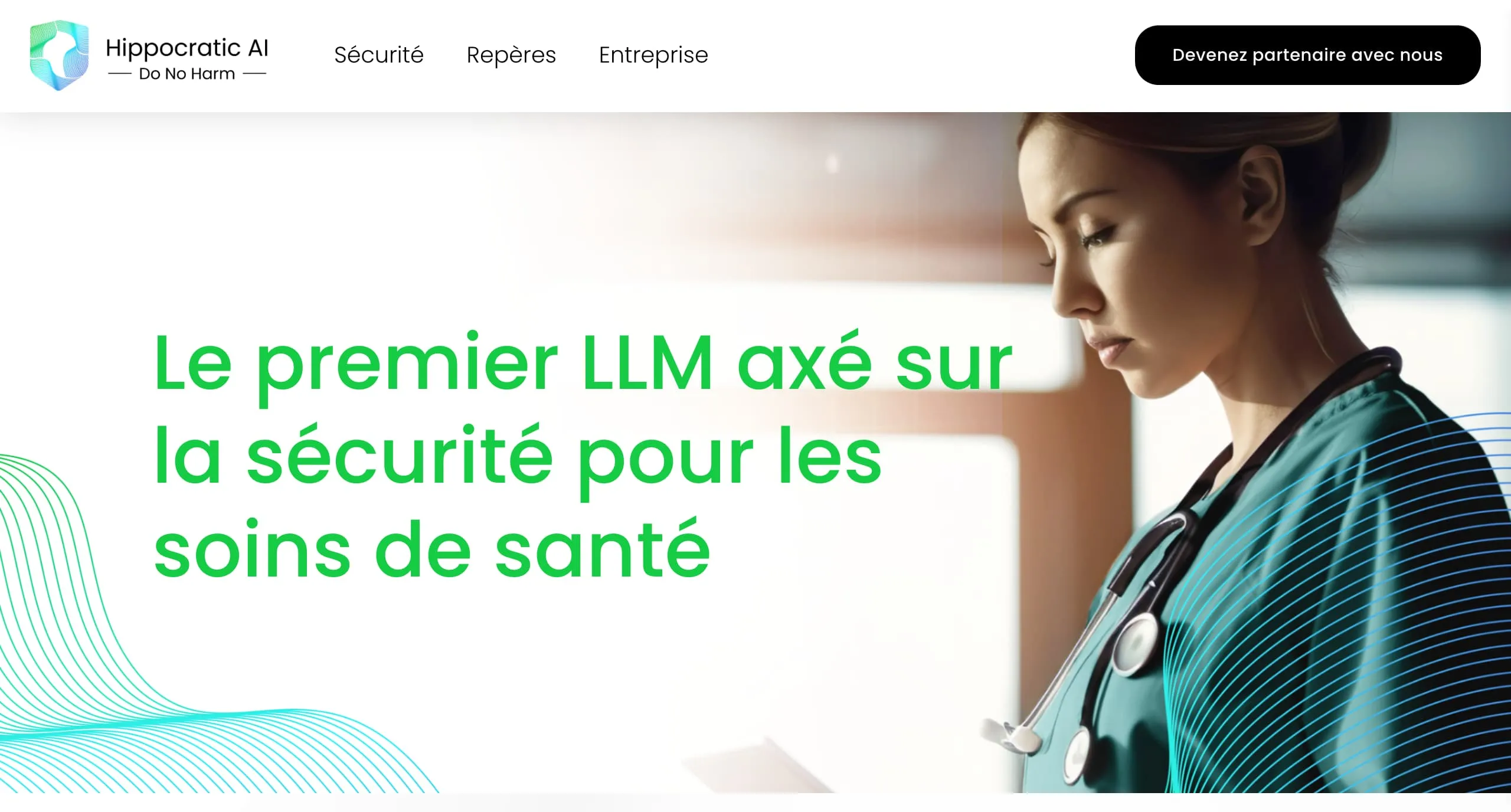
1.Hippocraticai: Safety and Precision for Health Care
Hippocraticai represents a breakthrough in the secure application of AI in the healthcare field. This software surpasses previous models in terms of safety and accuracy, offering a new and reliable alternative to support healthcare professionals. It focuses on non-diagnostic applications to improve access and quality of care, based on verified health information and reinforced training by experts.
Rates and plans :
- To get the rates, it is necessary to book a demo.
Key Features :
- Training on verified content
- Collaborative learning
- Assessment of the emotional impact and the quality of interactions
Target audience :
Businesses
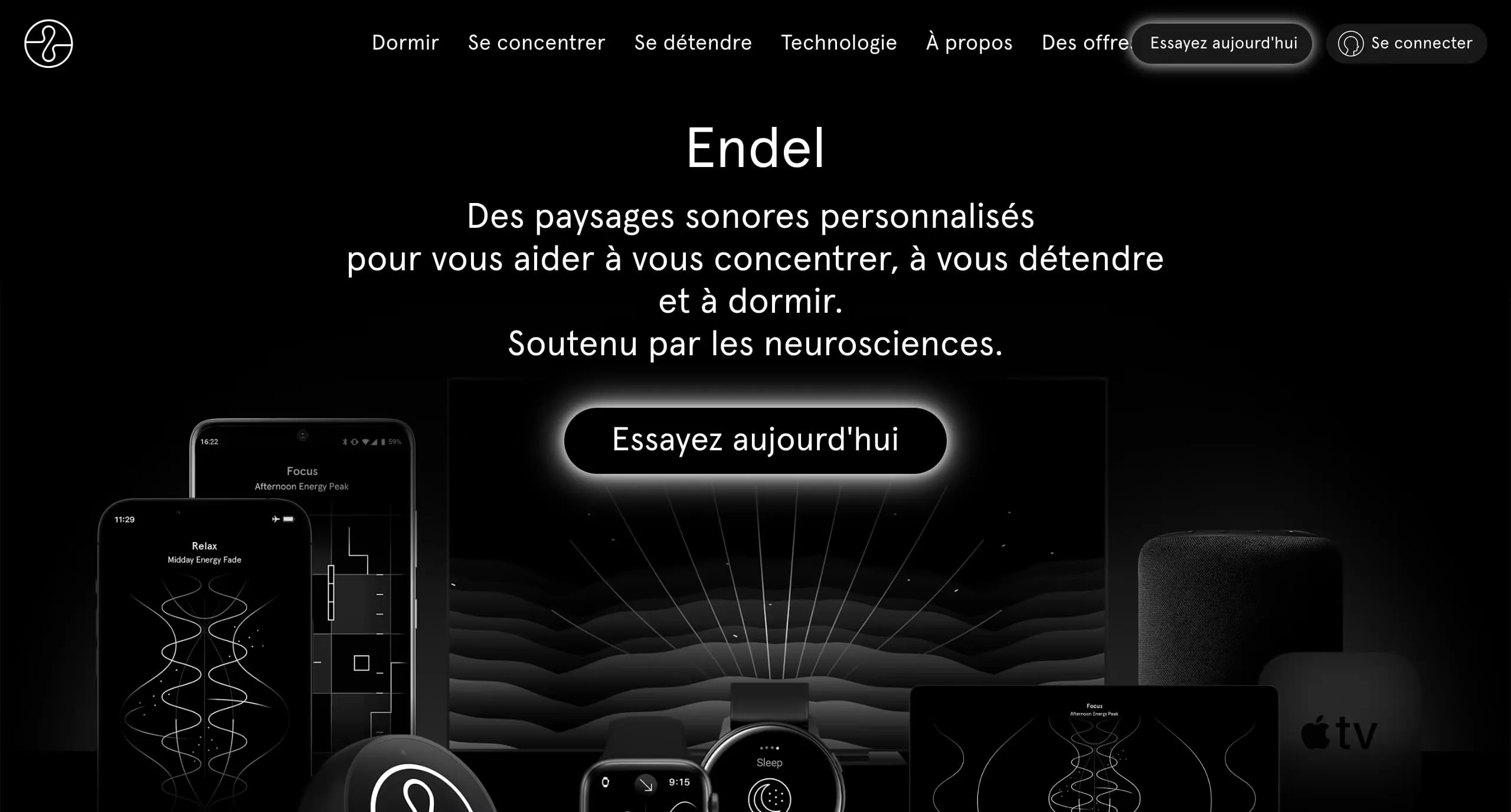
2.Endel: Well-being Optimized by AI Music
Endel creates adaptive soundscapes using AI to improve focus, relaxation, and sleep. Adjusting its musical creations according to the time of day and the weather, Endel relies on neuroscientific research to enrich the daily lives of its users with a tailor-made sound experience.
Rates and plans :
- Basic: Free
Key Features :
- Personalized serenity
- Sound productivity
- Making it easier to fall asleep
Target audience :
Individuals
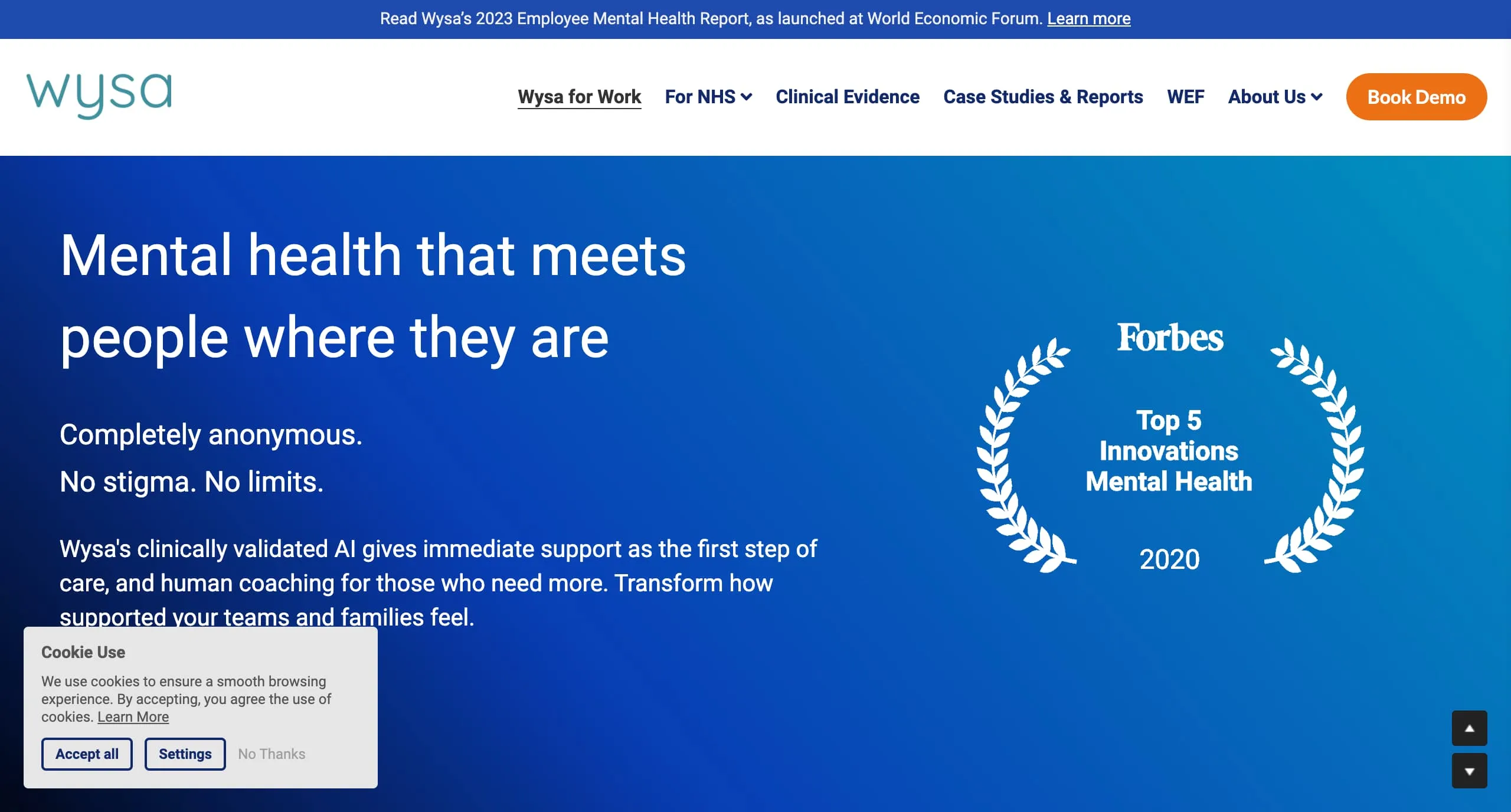
3.Wysa: Anonymous Employee Mental Health Support
Wysa provides a secure and anonymous space for mental health, offering immediate assistance via clinically validated AI. This service aims to reduce stigma and facilitate access to mental health care, with constant support and the possibility of extensive consultations with human coaches.
Rates and plans :
- To get the rates, it is necessary to book a demo.
Key Features :
- Immediate support
- AI-guided conversations
- Human coaches for more in-depth guidance
Target audience :
Businesses
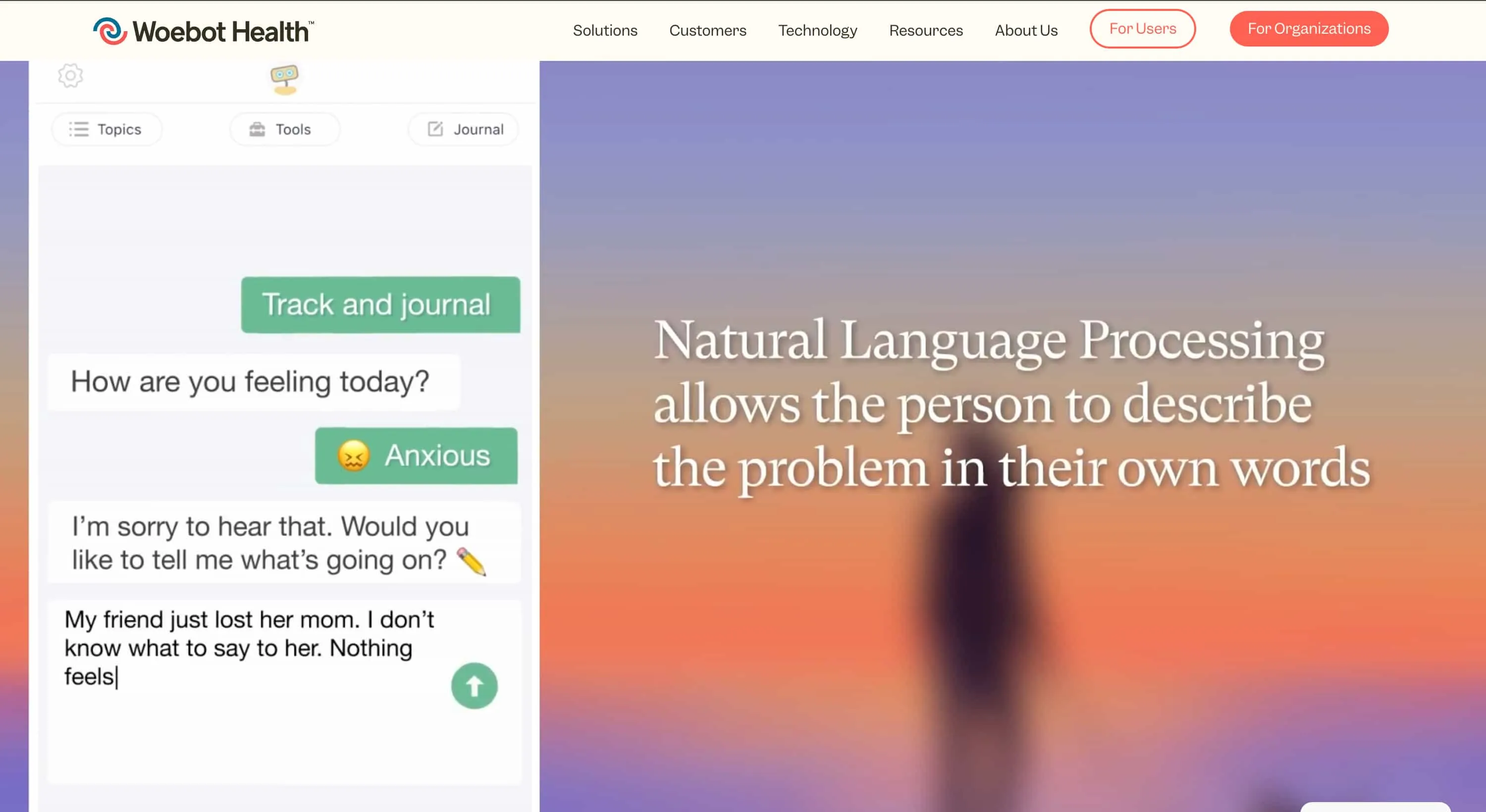
4.Woebot Health: Empathic Mental Health Support
Woebot is an AI mental health tool offering adapted and empathetic support, designed to complement traditional clinical follow-up. It facilitates access to mental health care, integrating seamlessly with existing health systems to provide evidence-based behavioral help.
Rates and plans :
- To get the rates, it is necessary to book a demo.
Key Features :
- Building empathetic relationships
- Improved availability and accessibility
- Health systems integration
Target audience :
Individuals
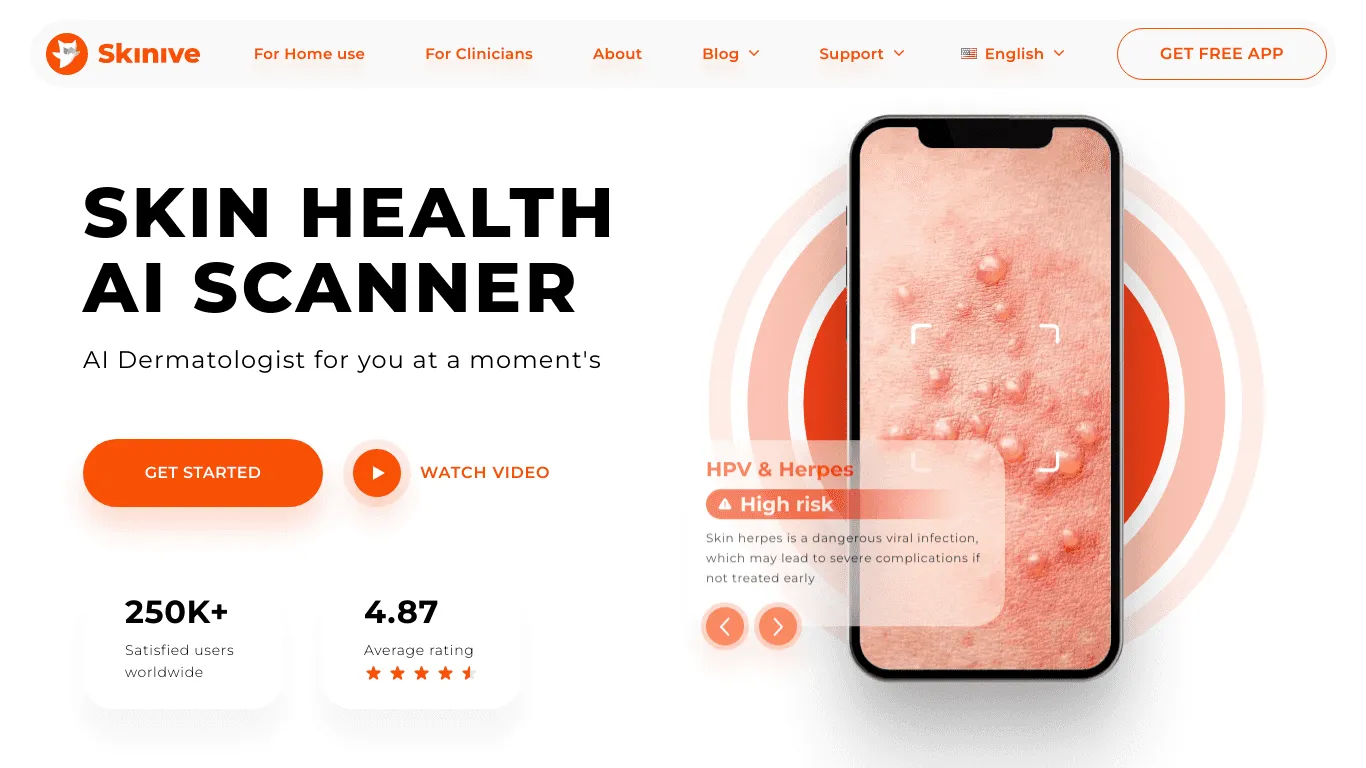
5.Skinive: Advanced Skin Diagnosis by AI
Skinive is an AI system designed to assess skin condition and help detect various skin problems. Using skin photos to assess risks, Skinive serves both home users and specialists alike, offering accurate analyses and personalized advice.
Rates and plans :
- Basic: Free
- Advanced: €9.99/month
Key Features :
- Precise detection of skin risks
- Fast and easy tracking
- Personalized advice based on analyses
Target audience :
Individuals
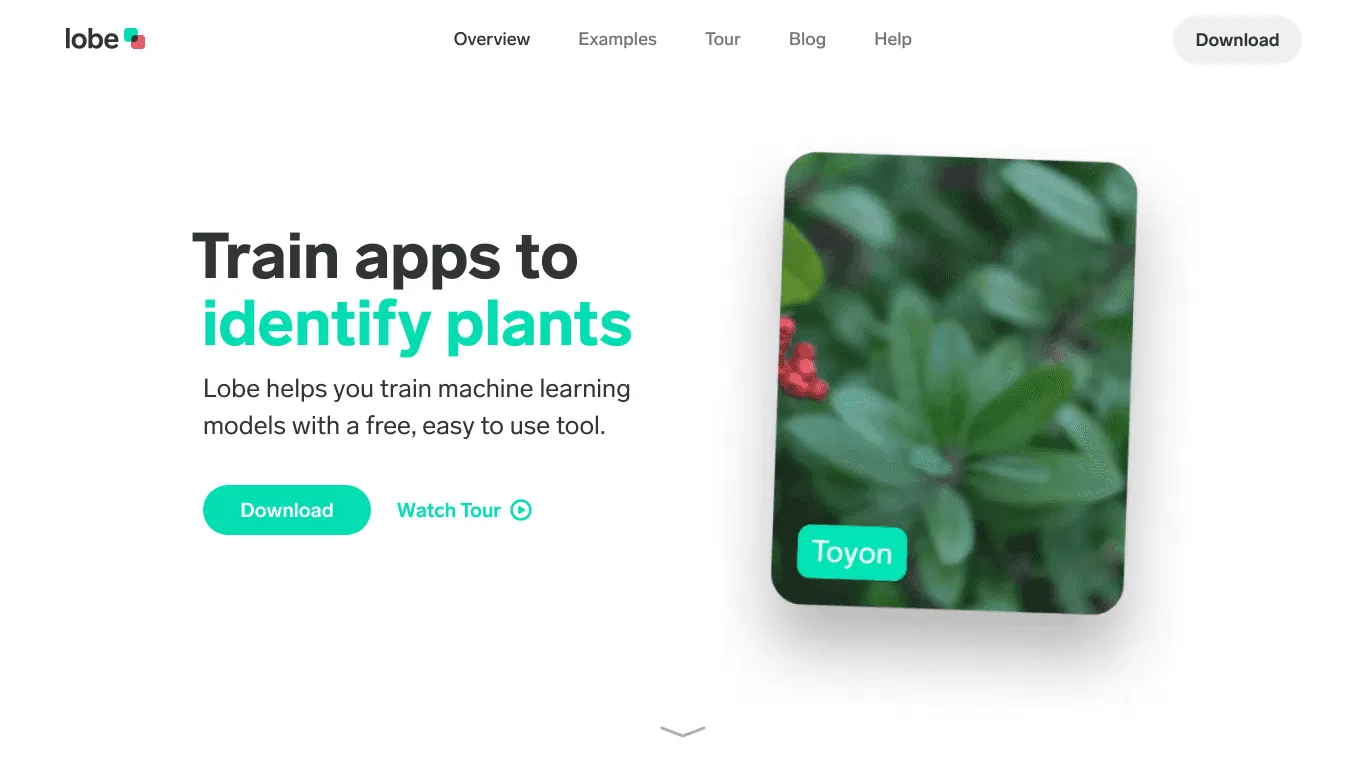
6.Lobe: Plant Identification by AI
Lobe simplifies the creation of machine learning models to identify plants, without requiring coding skills. This user-friendly tool allows anyone to form a custom model by simply presenting examples, with automatic training performed on the user's computer.
Rates and plans :
- All plans are free.
Key Features :
- Training models without code
- Confidentiality of data
- Universal model export
Target audience :
Startups and Individuals in the health service
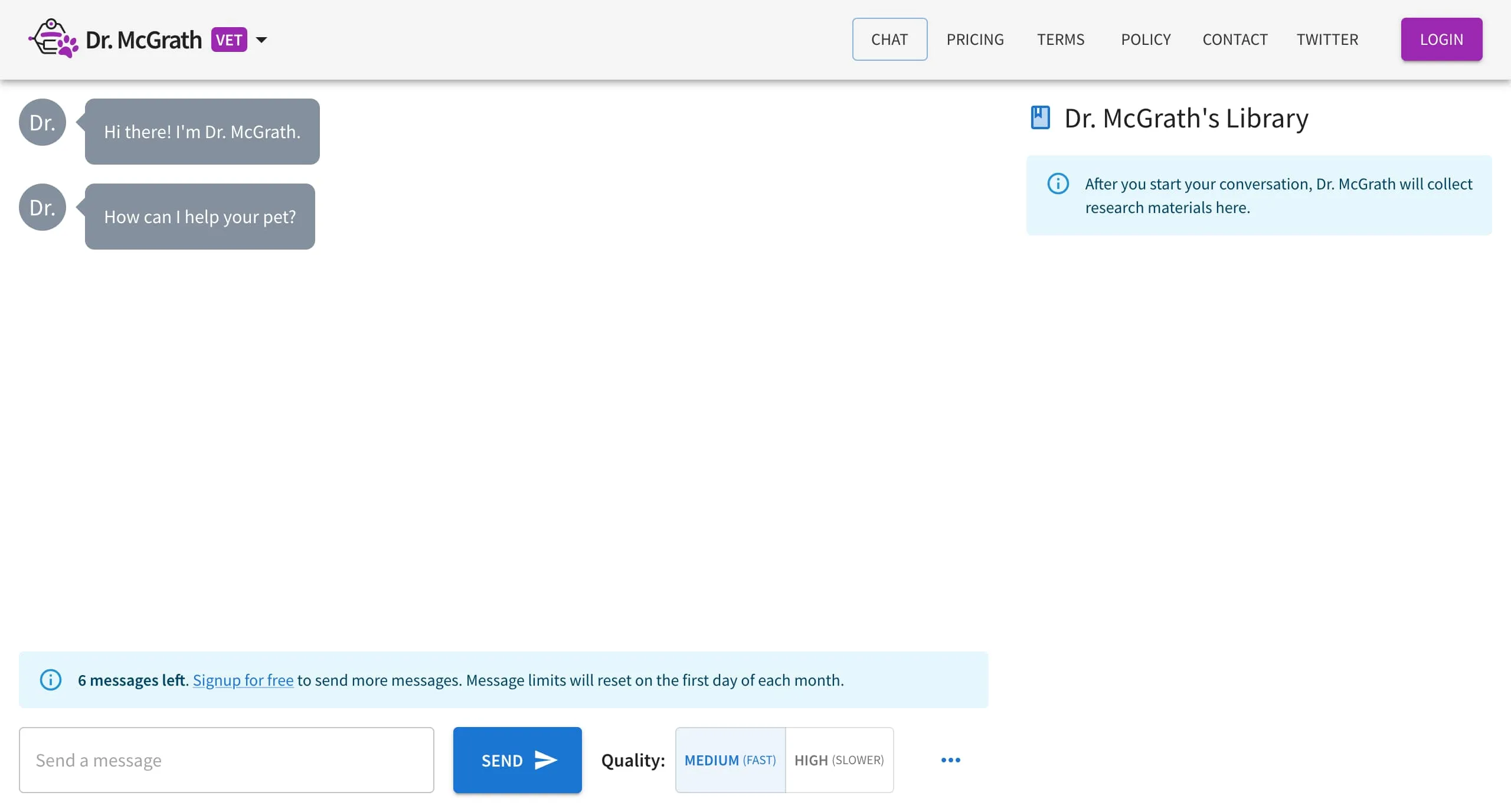
7.Dr. Gupta Vet: The Revolutionary Veterinary Chatbot
Dr. Gupta is an innovative AI tool designed to offer virtual veterinary consultations, aimed at making animal health advice more accessible and affordable. Using advanced artificial intelligence technologies and Large Language Models (LLMs), this chatbot is capable of providing instant answers to a variety of questions concerning animal health. It is a particularly valuable solution for economically disadvantaged areas, where access to veterinary care may be limited.
Rates and plans :
- Basic: Free
- Advanced: €20/month
Key Features :
- 24/7 availability
- Instant health answers
- Significant cost savings for animal health care
Target audience :
Individuals
How Can AI Help Practitioners Make a Diagnosis?
AI tools are capable of detecting patterns in medical data that are inaccessible to the human eye. For example, by analyzing medical images, AI can identify early signs of a disease, such as melanoma, with sometimes greater precision than experienced practitioners. These systems thus provide valuable support in the diagnostic process, allowing for early detection and rapid intervention.
AI in the Personalization of Treatments : How does it work?
AI has the potential to revolutionize the personalization of medical treatments. By analyzing a patient's health data, including their genome, algorithms can predict a patient's response to various treatments. This approach makes it possible to adapt care to the specific needs of each individual, thus increasing the effectiveness of treatments and minimizing side effects.
AI-Assisted Surgery: What are the Benefits for Patients?
AI-assisted surgery uses robots controlled by algorithms to perform operations with greater precision and consistency than humans. These technologies reduce the risk of complications, decrease recovery time, and minimize scarring for patients. They also allow complex procedures to be carried out in areas that are difficult to access.
The Importance of Health Data in AI: Ethics and Confidentiality
The ethical use of health data is crucial for the development of AI in medicine. Ensuring the confidentiality of personal information is critical, while harnessing the potential of data to improve care. Challenges include securing data against breaches and ensuring that algorithms don't perpetuate biases or inequalities.
AI and Patient Monitoring: Towards Preventive Medicine?
AI can transform patient follow-up by enabling continuous monitoring and by anticipating the risks of complications before they become critical. Connected health applications collect vital data in real time, allowing doctors to act quickly and in an informed manner, thus promoting a more preventive approach to medicine.
Health Providers and AI: What Collaboration?
Integrating AI into healthcare systems requires close collaboration between AI developers, healthcare professionals, and patients. This synergy ensures that the solutions developed meet the real needs of the field, improve the efficiency of care and respect fundamental ethical principles.
Can Algorithms Replace Doctors' Expertise?
While AI can increase the accuracy of diagnoses and the effectiveness of treatments, it cannot replace clinical judgment and human expertise. The Turing test illustrates the current limitations of AI in human understanding and emotion.
The Impact of AI on Quality of Care
AI has the potential to significantly improve the quality of care by making diagnostic processes faster and more accurate, by personalizing treatments and by optimizing the management of health resources. It also offers the opportunity to reduce medical errors and increase accessibility to high-quality health care.
The Challenges and Limits of AI in Health
Despite its many benefits, AI in health faces significant challenges, including reliability, data security, and equitable access. It is crucial to continue to develop these technologies in a responsible manner, ensuring that they benefit all patients and meet the highest ethical standards.
Conclusion
The advent ofartificial intelligence in the field of health and wellness marks a revolution in the way we approach medical and personal care. From veterinary chatbots to mental health assistants, to skin diagnostic systems and noise generators, AI offers innovative solutions that make access to care easier, faster, and often less expensive. These technologies aim not only to improve the effectiveness of treatments but also to make health and well-being accessible to a larger portion of the world's population, including in regions where medical resources are limited. By integrating AI into our daily lives, we are paving the way for an era of personalized and preventive care, promising a better quality of life for all.





